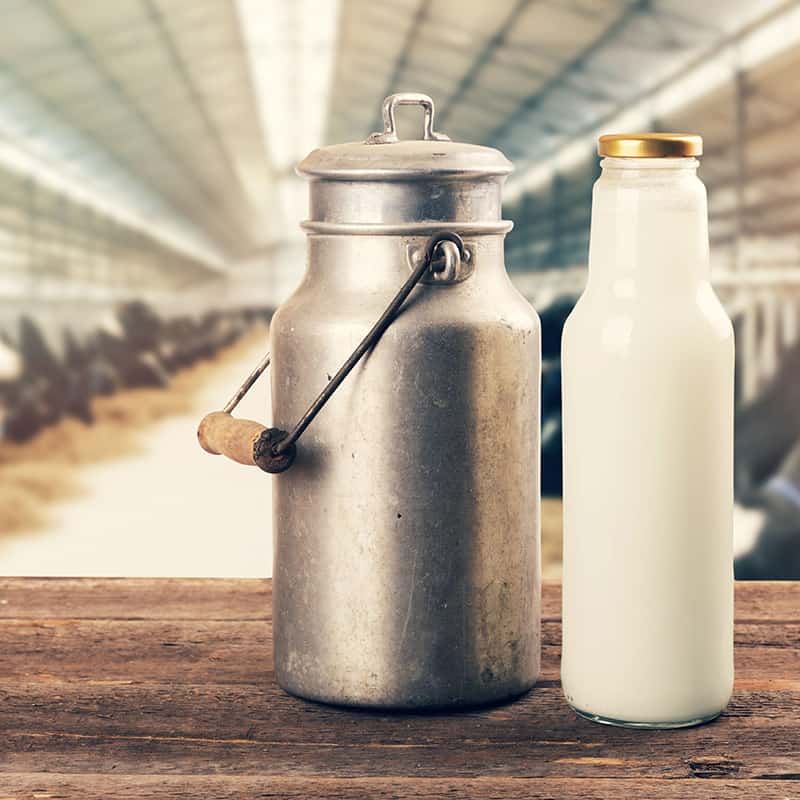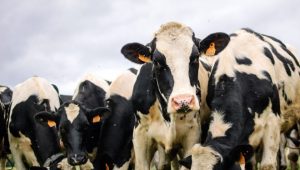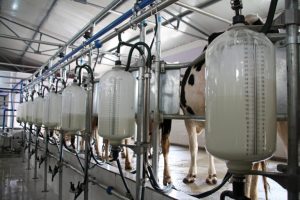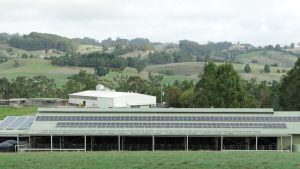
Slovakia followed suit yesterday in implementing an import ban.
Eucolait “condemns” the unilateral move of these countries to “circumvent” EU trade policy, creating uncertainty and a “climate of mistrust for all operators across the supply chain,” notes the organization.
“We can say overall for the EU that the impact of dairy imports from Ukraine has been minimal,” Alice O’Donovan, legal and policy advisor at Eucolait, tells FoodIngredientsFirst.
“In percentage terms, we see a significant increase in the volume of butter and skimmed milk powder entering the EU in 2022 vs. 2021. However, this is off the back of a very low starting base volume. Any of this product coming into the EU is dwarfed in volume by the overall EU production,” she continues.
EU defiance
Eucolait is calling on the European Commission (EC) to intervene to protect Ukraine’s preferential trade treatment.

“Appropriate action should be taken to ensure that the integrity of the single market is not compromised by disjointed national measures and that solidarity with Ukraine can be maintained,” highlights O’Donovan.
Eucolait argues that national actions to circumvent this EU trade policy measure only serve to fragment the Single Market and undermine European unity and solidarity.
“Instead of taking unilateral decisions, solutions to any potential disruptions created by the opening of the EU market to Ukrainian goods should be sought at the European level,” notes O’Donovan.
“In the dairy case, there is no disruption to speak of, and any measure to restrict trade would lack economic justification. Although imports from Ukraine have increased since the removal of tariffs, the volumes in question are relatively low compared to EU production and the European market size for these products,” she underscores.
Eucolait explains that imports from Ukraine, in particular of skimmed milk powder and butter, have increased “quite significantly since the removal of tariffs,” but this is compared to a very low base.
“The volumes in question are not meaningful when compared to EU production and the size of the European market for these products,” the organization highlights.
According to EC data, dairy prices in the EU reached historic highs in 2022 and continue to be much higher than in 2020 in every category.
Prices for emmental, cheddar and gouda are still higher than one year ago (29%, 9% and 8% higher, respectively). In the cases of whey powder (-46%), skim milk powder (-41%), whole milk powder (-34%), butter (-31%) and edam (-5%), prices are lower than a year ago.
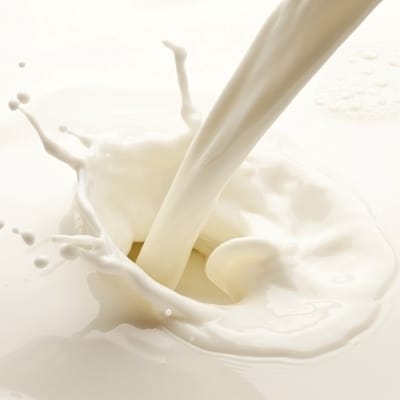
Humanitarian lanes
Poland, Hungary, Slovakia, Bulgaria and Romania flagged last month that the EU should move all the grain surplus out of their states and toward Africa and the Middle East for humanitarian purposes and to achieve “the original goal of the Solidary Belts.”
O’Donovan argues that “the solidarity lanes were established as a means of both allowing Ukrainian products to enter the EU market and ensuring safe and reliable transit of Ukrainian products onto third countries elsewhere in the world.”
“While it is perhaps foreseeable that imports of Ukrainian products are higher in neighboring EU member states, the solidarity lanes mechanism allows free access for these products across the EU,” she continues.
Nonetheless, Eastern European countries bordering Ukraine warn that infrastructure in the region can’t handle the large amounts of Ukrainian foodstuffs incoming, which they can’t effectively move toward westerner EU nations.
Eucolait previously told FoodIngredientsFirst that redistributing better EU milk exports might help contribute to global food security.
